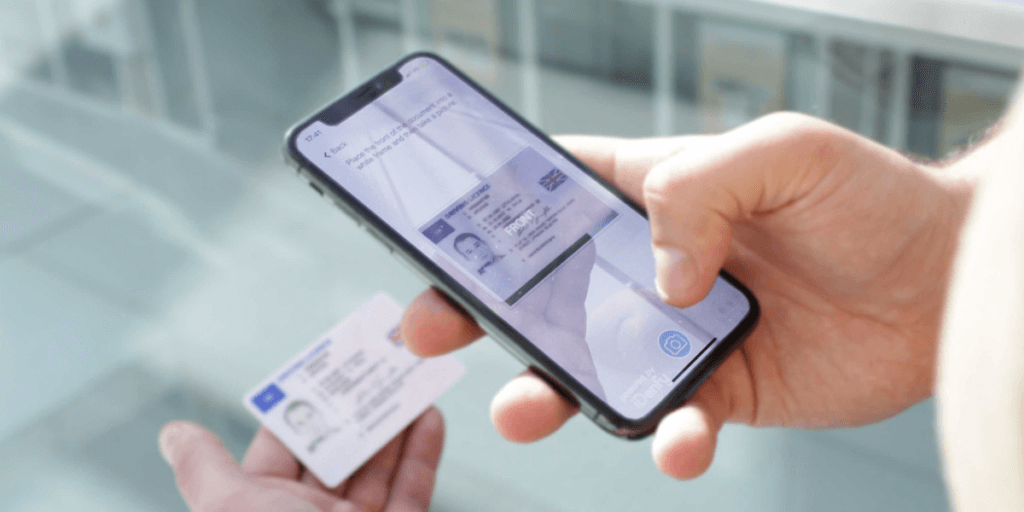In today’s digital age, online identity verification has become more critical. As more transactions occur online, there is an increasing need for reliable identity verification processes to prevent fraud and protect sensitive data.
One of the most promising technologies for online identity verification is Phone verification. In this blog post, we’ll explore why mobile verification is the future of online identity verification.
Table of Contents
What Is Phone Verification?
Mobile verification is a process that uses a user’s phone number to verify their identity. The process usually involves sending a verification code to the user’s phone number, which the user enters into a website or app to confirm their identity.
Phone authentication can also involve voice-based verification, where the user is asked to repeat a specific phrase or answer a series of questions over the phone to confirm their identity.
Why Is Phone Verification Necessary For Online Identity Verification?
Phone verification has several advantages over other forms of online identity verification:
- High accuracy: Phone verification is an accurate way of verifying a user’s identity because it involves a user’s phone number, which is unique to them. This makes it difficult for fraudsters to impersonate someone else.
- Convenience: Phone authentication is a convenient way of verifying identity because most people can access a mobile phone. It also doesn’t require any special equipment or software, making it easy to implement.
- Real-time verification: verification via phone provides real-time verification, which is essential for preventing fraud. If a user’s phone number is invalid or has been disconnected, the verification process will fail, preventing fraudsters from gaining access to sensitive data or making fraudulent transactions.
- Cost-effective: Phone verification is a cost-effective way of verifying identity because it requires no special hardware or software. This makes it an ideal solution for small and medium-sized businesses that need more money for more expensive identity verification solutions.
- Compliance: Phone verification can help businesses comply with regulatory requirements for identity verification.
How Is Phone Verification Being Used Today?
Phone verification is already being used by many businesses today for various purposes, such as:
- Account creation: Many online services use phone verification to verify a user’s identity when creating an account. This helps prevent the creation of fake accounts and reduces the risk of fraud.
- Transaction verification: Phone verification can verify transactions like online purchases or money transfers. This helps prevent fraudulent transactions and protects businesses from chargebacks.
- Password reset: Phone verification can also reset passwords and prevent unauthorized access to user accounts.
What Are The Challenges Of Phone Verification?
While phone verification offers many advantages over online identity verification, it also has some challenges, such as:
- Privacy concerns: Some users may be hesitant to share their phone numbers with businesses, fearing they could be used for spam or telemarketing purposes.
- Accessibility: Not all users have access to a mobile phone, making phone verification difficult or impossible for them.
- Security: Phone verification is vulnerable to SIM card swapping, where fraudsters can intercept SMS messages by stealing a user’s phone number. This can be mitigated through additional security measures, such as voice-based verification.
Conclusion
Phone verification is a promising technology for online identity verification that offers many advantages over other forms of verification. Its accuracy, convenience, real-time verification, cost-effectiveness, and compliance make it an ideal solution for businesses looking to improve their identity verification processes. While phone verification has its challenges, such as privacy concerns and security vulnerabilities, it remains a crucial tool in the fight against online fraud and identity theft.

